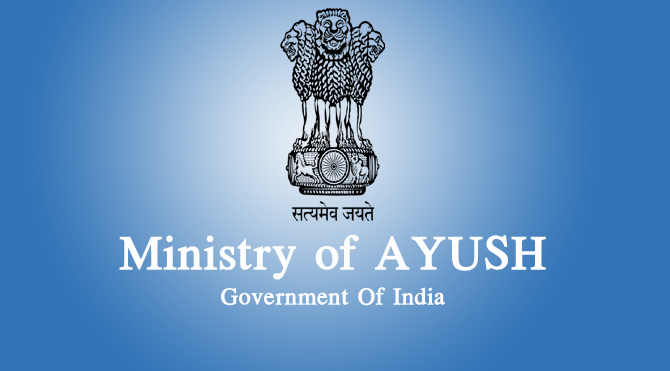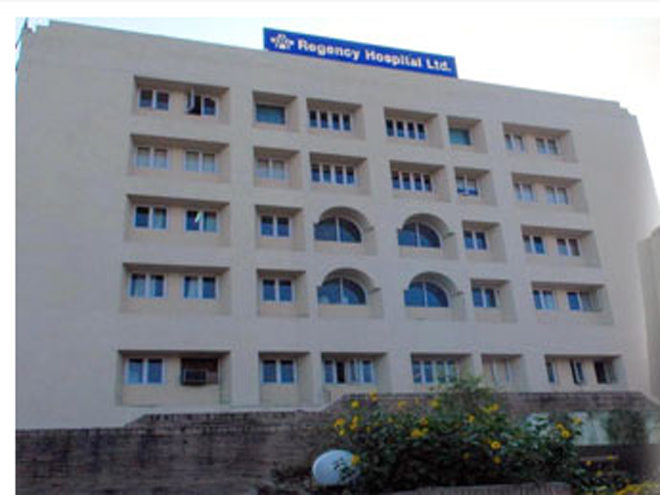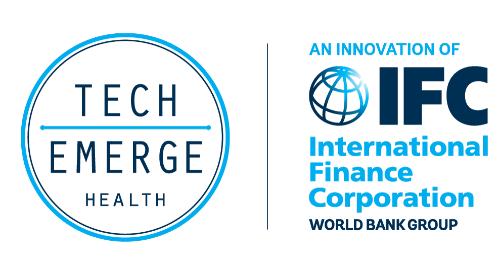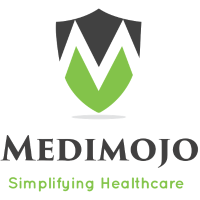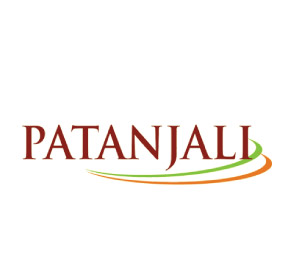
 Healthcare business in India is on the fast track of evolution. As it evolves, it will continue to accommodate new solutions and systems that enable us to meet the increasing demand for healthcare services in the country, says Abhilash S Pillai, Sr Project Lead “ Disease Management, Apollo Hospitals Group, in conversation with Shally Makin.
Healthcare business in India is on the fast track of evolution. As it evolves, it will continue to accommodate new solutions and systems that enable us to meet the increasing demand for healthcare services in the country, says Abhilash S Pillai, Sr Project Lead “ Disease Management, Apollo Hospitals Group, in conversation with Shally Makin.
What is your view on the role of a manager in todays demanding healthcare work space.

The Hospital business is complex “ considering that the business depends on a uniquely extensive and varied range of stakeholders for its ultimate success. Its customer (patient) is not always a customer by choice. The hospitals trade in services, which fall beyond the pale of normal business, as we deal in matters that can involve life and death conditions. This reality makes the lives of a hospital manager challenging. He has to be always on his toes to ensure that his institution provides high-quality healthcare in a manner that is safe and efficient. He has to manage and work with a team of individuals with very different capabilities and skills to deliver optimum outcomes with excellent patient experience while complying with regulatory requirements. Industry trends indicate that major healthcare providers in India and world over are increasing their investment in IT.
Can you throw some light on the various IT applications and particularly the role of clinical health IT applications for improving quality of care?
In general, IT in healthcare can be broadly grouped into two categories- financial, administrative and clinical systems. Clinical Health IT capabilities are playing an important role in improving treatment outcomes and the quality of care. Quality results from using right information at the right time to make the right decision. Knowledge to make these decisions keeps evolving, guidelines and the clinical evidences get frequently updated, IT can play a key role in storing, updating and evolving options brought in through this changes. The clinical solution employed as a part of our chronic disease management offering enhances decision support capability, which plays an important role in guiding our care team.

Tell us something about the Chronic Disease Management (CDM) programme at Apollo Hospitals.
Disease Management Solutions world over are driven by payers who employ these capabilities to improve their care treatment outcomes and reduce costs. Apollo Hospitals is one of the few provider organisations in the world to have employed facets of this approach primarily with the aim of improving treatment outcomes amongst patients. The philosophy of our CDM approach is to use evidence based structured care and multi-disciplinary approach to improve clinical outcomes. We currently have offerings in these three major disease area diabetes, cardiovascular and chest disease
Tell us about your recently launched diabetes mobile application.
Our mobile solution for diabetes management is called Sugar 24×7; its creation has been made possible only because of Apollo Hospitals vast clinical expertise. The solution uses mobile and web as a platform to help patients manage their diabetic condition. In the diabetes management space, our sugar programme is a structured care management approach supported by an on-going remote monitoring enabled through the contact centre which demonstrates a clinically and statistically-significant 1.5 point HbA1c reduction (base line over follow-up) corresponding to a vast reductions in the risk of heart attacks, kidney failure, stroke and other complications of diabetes.
The Sugar24x7 mobile solution aims to strengthen our capability to proactively help manage the condition of our patients. Sugar 24×7 once loaded turns the patients phone into a powerful tool through a host of features which aid compliance, real-time tracking and feedback, coaching, education etc which we believe eventually will assist us to provide total Diabetes Management.
How do you see mobile based health delivery taking shape in India?
One in eight adults in India, either have or is at high-risk of diabetes. Close to 80 percent of all diabetics in India do not achieve their treatment goals and Indians collectively own over 900 Million mobile phone connections. Moreover, mobile is a clear enabler, it is with the owner all the time, and it can facilitate immediate action and support. Next generation smartphones do a lot more in terms of text, audio, video and multimedia. Further, there is enough evidence to confirm that remote monitoring, integrated mobile application based support goes a long way in aiding compliance and improving treatment outcomes. It is only a question of time when mobile based health applications become as ubiquitous as mobile phones.
Be a part of Elets Collaborative Initiatives. Join Us for Upcoming Events and explore business opportunities. Like us on Facebook , connect with us on LinkedIn and follow us on Twitter , Instagram.



